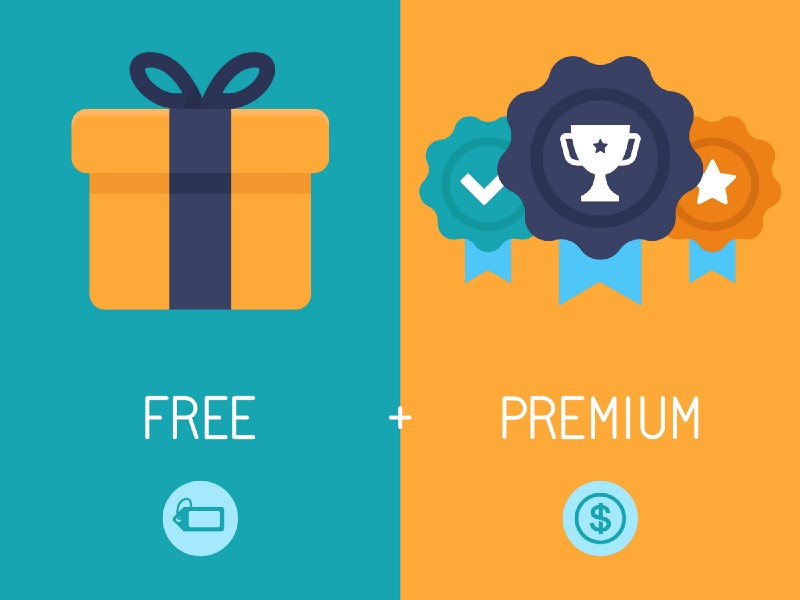Have you heard the saying “If it’s free, then you are the product”? You must have, since this is constantly repeated by uninformed reviewers and people who regurgitate these “reviews”.
Let’s discuss the common free VPN myths (and truths) that are floating around the Internet.

“Free VPNs sell your data, which is why it’s free”
Most “free” VPNs, like Windscribe, are actually freemium VPNs. There is a free plan available, which is typically limited in many ways compared to the paid plan. Majority of users of freemium services do not pay a dime to the company, however this offers a significant advantage: It’s much cheaper to attract new customers, a portion of whom will upgrade to a premium plan, or tell a few friends one of which may make a purchase. That’s how Dropbox, Spotify, Cloudflare, and countless other services operate.
This is in stark contrast to “premium only” VPNs, that heavily rely on affiliate programs which frequently pay the affiliate $50+/CPA. This is usually more than what the company will make in a year from a single user.
As an outsider, it may be simple to say “well, since most of the users are free users, that means most of the server cost goes to maintaining them, so you have to sell data”. Again, this is far removed from reality. While I can’t comment on what happens at other companies, at Windscribe the free server bills constitute less than 15% of our total spending on servers (while still maintaining high quality of service). Additionally, server spending is not the biggest expense: human cost (salaries) is. In case of Windscribe, we spend over 2x on salaries than we do on servers. Once you factor in all other expenses, the cost of maintaining free users as a percentage of your total expenses drops to below 5%.
Not only is this actually cheaper than paying a year’s worth of subscription payments to an affiliate, it also makes the service accessible to people in restrictive countries who may not be able to afford paying 20% of their monthly salary for a VPN subscription.
“Free VPNs are insecure”
Development and service operation practices are completely separate from whether the service is “free” or “paid”. It all revolves around the people behind the company. In cases of most free or paid VPNs, you have no idea who is running the company. It could be staffed by tech geniuses, or idiots. A hobby project by a technologically savvy operator can be infinitely more secure than a “blue chip” VPN. It could also be the opposite.
The best thing you can do is research the people behind the service (if you can find them), see what they say and do online, and make your own judgments.
“Free VPNs are slow”
This point is partially true, but not for the reasons you may think. Again, I cannot comment on what other companies do, but at Windscribe our free servers are setup exactly the same way as paid servers, at the same hosting providers. No server is above 50% total network utilization, so you are never limited by the fact that there are too many users on a single machine. A saturated network port on the server you’re connecting to will definitely cause your speeds to be terrible, however that’s just a small piece of the puzzle, and is easy to avoid.
The biggest factor is routing from your computer to the server you’re connecting to. Internet routing is imperfect, when you connect to a server that is hundreds or thousands of kilometers away, your connection can take many paths, depending on your ISP, some paths are better than others, and this situation can change in a matter of hours. Free users have access to fewer servers than paid users, so naturally they have a smaller selection of routes. The closer you are to the machine, the higher the chance of you getting a “good” route, and therefore good speeds.
There is no magic bullet for this right now, you can verify this for yourself by Googling “[provider name] is slow” and you will find that every single VPN provider out there suffers from this issue. That being said, we’re working on a pretty novel solution that will make all of this a thing of the past.









